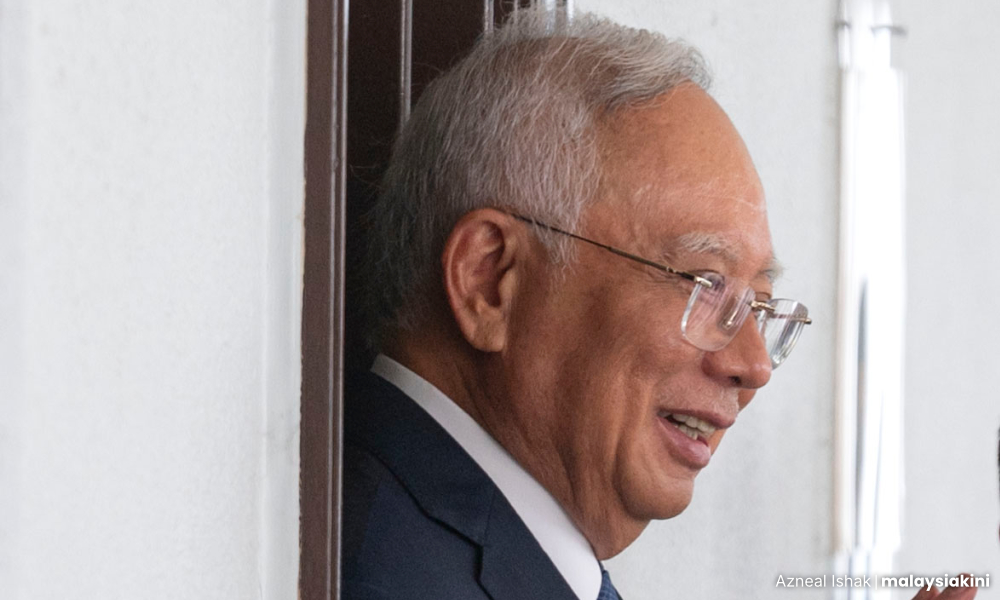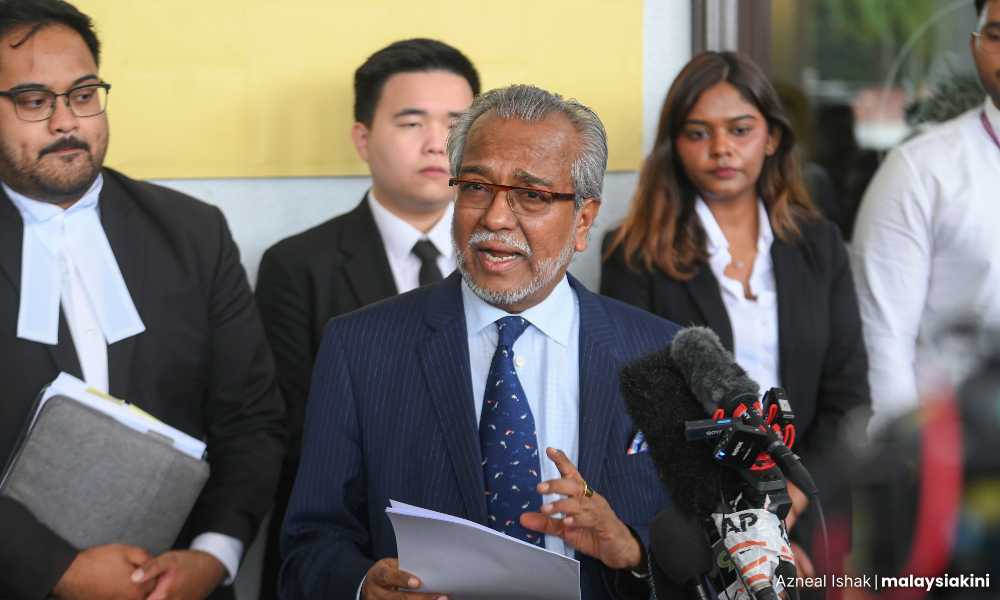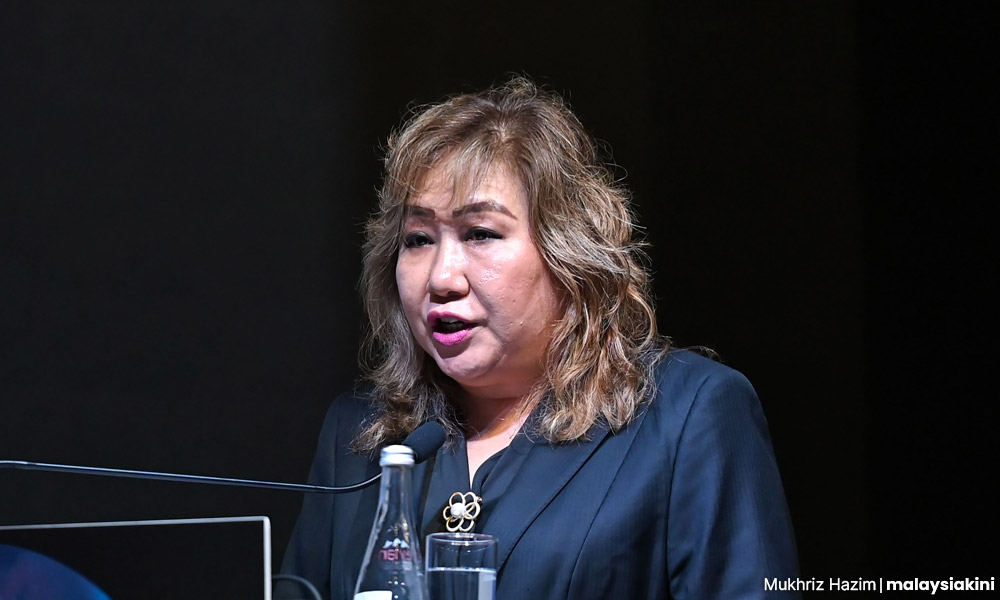Veteran lawyer Muhammad Shafee Abdullah called the waiting period before applying for a pardon “utter nonsense”.
The legislation - especially the Prisons Regulations 1953 - does not provide for such a waiting period, he claimed during a forum on pardons reform.
This was the basis of the argument for former prime minister Najib Abdul Razak’s pardon application, he added.
“He (Najib) said, ‘the courts failed me, I was not given a fair trial, which includes of course the appeal, because I was not treated fairly.’
“‘I have a right to be pardoned from day one. I’ve got no business being in jail even for one day.’
“That was what his argument was. So this question about you must serve three years, four years before you see the daylight of a pardon is utter nonsense because even the legislation does not provide that.
“The legislation says… the Prisons Regulations says you have the right to mount a pardon as soon as practicable,” he said.

In an exclusive interview with Tommy Thomas, who initiated legal charges against Najib, the former attorney-general told Malaysiakini in September 2022 that serving one-third of a jail sentence before applying for a pardon is more of a convention than a rule.
This was a practical measure to prevent too many applications as the Pardons Board only meets three or four times a year, during which they consider about 10 applications each session, Thomas explained.
Unjusticiable for good reason
Meanwhile, Shafee defended the non-justiciable nature of royal pardons in Malaysia, saying that it provides the Yang di-Pertuan Agong with the comfort that he can decide based on any parameter as long as he satisfies his conscience.
He said that the power of the pardon is in how it provides the king with the ability to consider methods unavailable to the courts.
“When the process of justice ends, the whole justice system has ended on a person, this is where mercy begins.
“And mercy begins with a mechanism of pardon. And it is for that reason we cannot turn the mechanism of pardon into another court where you can take the Yang di-Pertuan Agong for a judicial review,” he said.

Such a system would turn the royal pardon into a joke, he claimed.
Shafee also pointed out that royal pardons in England are similarly non-justiciable.
However, law professor Shad Saleem Faruqi, who was another panellist at the same forum, said that the system worked for England as the country did not have a written constitution.
It was inappropriate for Malaysia where the Federal Constitution is the ultimate law of the land, Shad said.
Board should not include AG, minister
Shad recommended reforms to the Pardons Board in terms of its composition, especially with the inclusion of the AG and the federal territories minister as both are appointments made by the prime minister.
Singapore Institute of International Affairs senior fellow Oh Ei Sun agreed with this, adding that the AG, especially in their capacity as the public prosecutor, should not be on the board as they or those below them had pursued the conviction of the pardon applicant.
Shad said that the system must also be more transparent as the board’s reasoning for decisions must be released.
Further, there must be a distinction between full or free pardons and partial pardons, he said.
At the same time, Malaysian Bar president Karen Cheah questioned whether the king’s power to provide pardons translated to absolute discretion.

She said that Article 40 of the Federal Constitution only provided the Agong with four instances in which he can exercise discretion: appointing the prime minister, withholding of consent to a request for the dissolution of Parliament, the requisition of a meeting of the Conference of Rulers, and any other case mentioned in the Constitution.
But Article 40(2) does not make mention of pardons falling under any of the above categories, she said.
Earlier this month, the Pardons Board announced its decision to halve Najib’s jail time from 12 years to six.
It also reduced his fine from RM210 million to RM50 million.
Najib was sent to Kajang Prison after being convicted in the RM42 million SRC International corruption case.
The 12-year sentence and conviction were meted out by the High Court and upheld by the Court of Appeal and Federal Court.- Mkini



No comments:
Post a Comment
Note: Only a member of this blog may post a comment.